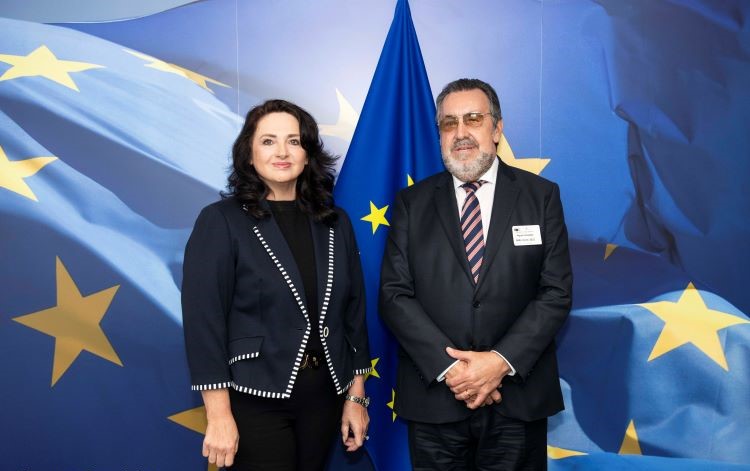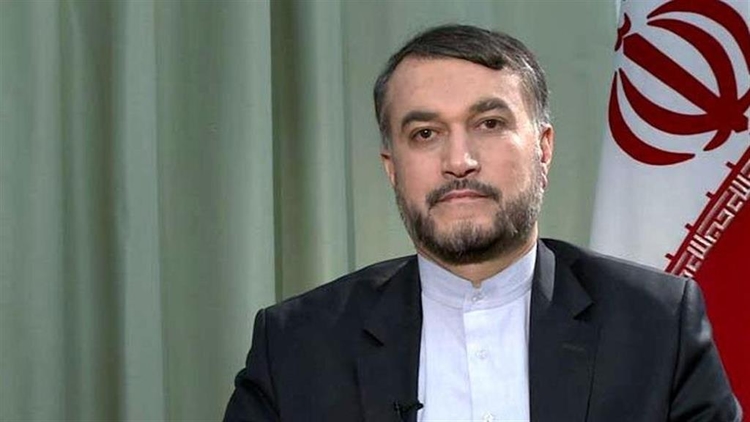The Diplomat
The European Commissioner for Equality, Helena Dalli, and the heads of the ONCE Social Group have expressed their wish that the next Spanish Presidency of the European Union, scheduled for the second half of 2023, will defend the rights of European citizens with disabilities, with special attention to women.
Dalli held a meeting last Thursday at the headquarters of the European Commission in Brussels with a delegation of the ONCE Social Group, led by its president, Miguel Carballeda. During the meeting, the Commissioner asked for the support and collaboration of the organization with the Government so that the next Spanish Presidency of the European Union takes into account the rights of the 80 million European citizens with disabilities and offers them equal opportunities.
For his part, Carballeda explained the efforts of his organization “to create a more social Europe for people with disabilities, which generates equal opportunities” and asked the Commissioner to work towards this goal from the European institutions.
At the same meeting, the vice-president of the ONCE Social Group, Alberto Durán, requested that the future Ministerial Conference on equality, scheduled for November 2023 in Pamplona during the Spanish Presidency, “have a space to talk about women and disability”. Durán also presented the work being carried out by the ONCE Social Group on issues as relevant at continental level as the implementation of the European Disability Card, the problem of accessible voting in certain European countries or the importance of Special Employment Centers in Spain.
Likewise, and given ONCE’s experience in Latin America, Alberto Durán asked that the future Summit of the European Union and the Community of Latin American and Caribbean States (CELAC) have a greater social component, in order to create a space in which to deal with inclusion and new models of social innovation in the region.
For her part, the Vice-President of the ONCE Social Group and President of the Equality Observatory, Patricia Sanz, informed the Commissioner of the work that the organization has been carrying out for more than five years to identify women with disabilities who have suffered some kind of violence, in order to help them and offer them quality employment with reasonable remuneration. In this context, she pointed out that Inserta (ONCE Foundation’s training and employment entity) has a pool of 4,500 women with disabilities who are victims of gender violence, of whom 1,500 are already receiving psychological support and training, and 450 are working in the ONCE Social Group.







